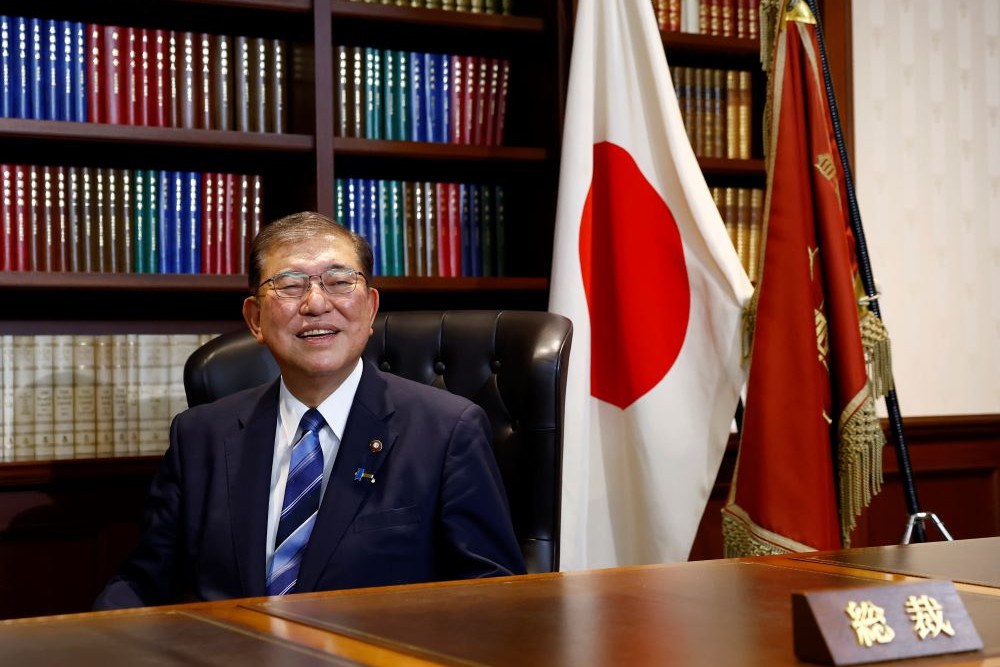
The Shiro Copr, JAKARTA - Japanese Prime Minister Shigeru Ishiba stressing that he will remain in office despite his government coalition suffering a major defeat in the upper house election, which could trigger political instability and shake the markets.
Quoting Bloomberg, On Monday (7/21/2025), the coalition consisting of Liberal Democratic Party (LDP) Dan Komeito failed to secure the 50 seats needed to maintain control. This is the biggest defeat for LDP in the upper house election since the party was founded in 1955. The coalition only obtained 47 seats, according to NHK projections.
Nevertheless, Ishiba refused to resign. "I still have some major responsibilities for the country — from pushing wages above inflation, achieving a trillion-yen GDP, to dealing with the increasingly urgent dynamics of regional security," he said.
It added that, although the vote counting has not been completed, the LDP is expected to still gain the most seats compared to other parties.
Election results show a decline in support for the LDP and Komeito amid public concerns over rising living costs. Populist parties offering tax cuts or anti-immigrant rhetoric recorded significant increases in support.
Ishiba's weakened position has made investors worry that the government may be forced to make concessions to the opposition — including on sales tax cuts — which could widen the deficit and push government bond yields to their highest level in two decades.
Yen rose 0.7% in early Monday trading, but the gain faded.
The last three LDP prime ministers who lost their majority in the upper house resigned within two months — including Shinzo Abe in 2007.
This loss has placed Ishiba under great pressure, especially as Japan faces an August 1 deadline to reach a trade agreement with U.S. President Donald Trump before Japanese export tariffs rise to 25%.
Fragmented Political Map
Although the opposition has managed to gain some advantages, their chances of forming an alternative government remain slim due to their division among more than a dozen parties. The most likely scenario is that the parliament will be stuck in a deadlock, forcing the LDP to seek support issue by issue.
The main opposition party, the Constitutional Democratic Party (CDP), won 22 seats. The People's Democratic Party (DPP), which advocated tax cuts and increased income, rose from 4 to 17 seats.
Sanseito, a right-wing party with an anti-immigration campaign titled "Prioritize Japan," rose from one to 14 seats, becoming the third largest opposition party.
CDP leader Yoshihiko Noda said he is considering a vote of no confidence, depending on Ishiba's statement in Monday's press conference.
Legislative Deadlock and Economic Risk
Although the upper house cannot remove the prime minister or block the budget, it can delay or block legislation, creating a potential deadlock. A similar situation occurred in 2008 when the upper house rejected the nomination of the governor of the Bank of Japan amid the global subprime crisis.
Chihiro Okawa, a political expert from Kanagawa University, said that continuing the leadership under these circumstances would be an extraordinary political burden.
"It's like taking chestnuts out of the fire — big risks with no reward. Maybe no one wants to take over this position," he explained.
Comments
Post a Comment